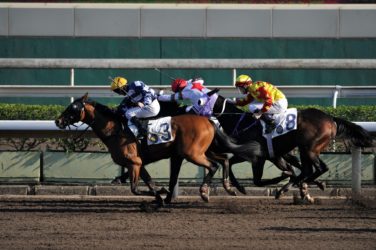 New Zealand Minister for Racing Winston Peters has set out his expectations for TAB NZ, saying that the new organisation should focus on helping the domestic industry recover from the novel coronavirus (Covid-19) pandemic.
New Zealand Minister for Racing Winston Peters has set out his expectations for TAB NZ, saying that the new organisation should focus on helping the domestic industry recover from the novel coronavirus (Covid-19) pandemic.Last month, TAB NZ replaced the Racing Industry Transition Agency (RITA), the successor body to the New Zealand Racing Board (NZRB) established to manage the transition to a new governance model in the country.
One month into its tenure, Minister Peters has announced the government’s key expectations for TAB NZ in 2020-21, saying there should be a focus on helping the racing industry recover from Covid-19 and plan fro any resurgence of the virus.
“The government requires TAB NZ to actively plan contingencies with the Codes in case there is a Covid-19 resurgence,” Peters said, adding that TAB NZ must submit an update on the recovery of the sector and its contingency planning in December.
Other core expectations include TAB NZ building and maintaining reserves for the domestic industry, so that it can cope with any future upheaval without the need for external support, as well as working towards a appropriate capital structure.
Peters also called for a retained betting levy, with 2.5% of this to be directed to TAB NZ’s minimisation activities, in addition to the organisation working closely with codes and national sports bodies to adhere to changes set out in the new Racing Industry Act 2020.
TAB NZ last week announced its executive leadership team, and Peters urged the organisation to build on this by also appointing a new chief executive to head up the body.
Peters also said TAB NZ should develop a five-year plan to provide a framework for recovery and growth of the sector. This should include details such as targets for debt and equity, revenue and margins targets, capital investment plans and an outline of the leadership role TAB NZ will play.
“This process should be considered in conjunction with the development of any options to recapitalise TAB NZ to inform that work as it develops and be completed by 30 June 2021,” Peters said.
In terms of more general expectations for 2020-21, Peters said that TAB NZ is expected to continue providing detailed financial and accountability reports to the government on a regular basis, comply with legal requirements, ensure there are no conflicts of interest and work to retain effective working relationships.
“I would like to wish TAB NZ all the best for its future work; its role will be instrumental to ensuring New Zealand’s racing industry is world class,” Peters said.












